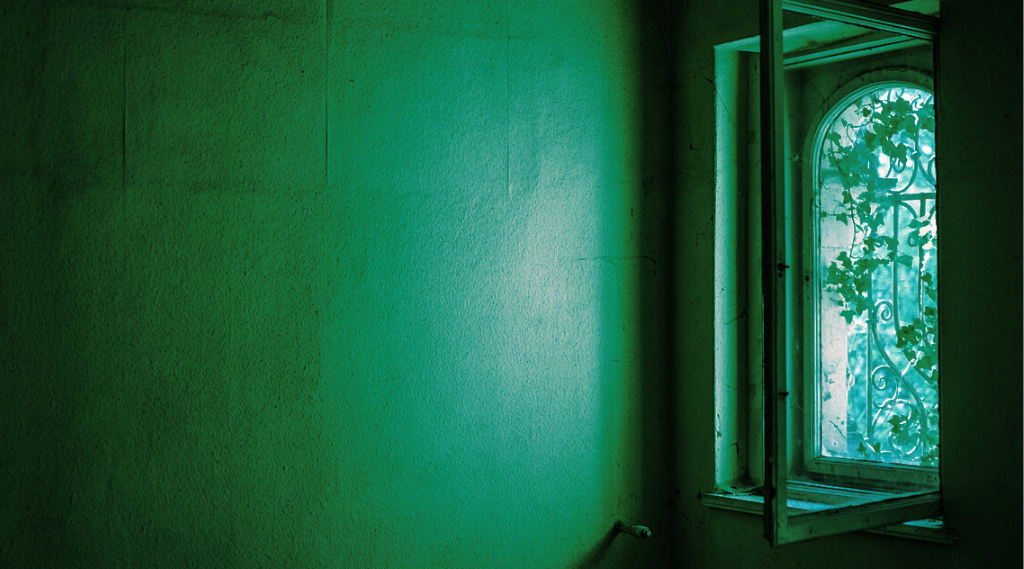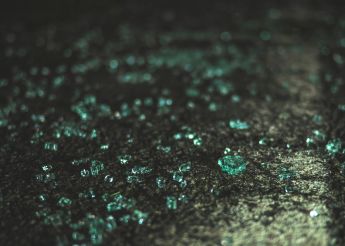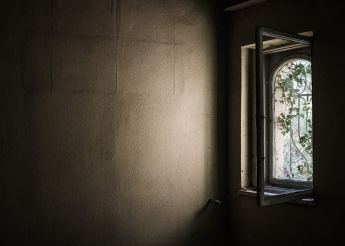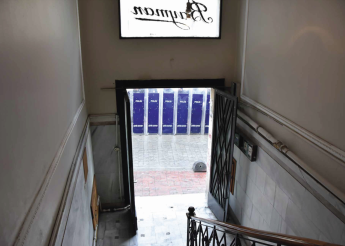A month or two after my arrival, I learned from the television that I was accused of having carried out a terrorist attack and that the authorities wanted to sentence me to death. There were televisions in all the dormitories. I had come into the public eye and was appearing on the front pages of all the newspapers. I wasn’t sure how to fight back. The other prisoners encouraged me to forget about my potential trial and to stay active and make use of my time. I did, and I learned a lot during that period. Most, but not all, of the Kurdish women in the dormitory were activists. At the same time, they were vastly different from one another. There was no hierarchy, but we did organise ourselves, in a way, to manage community life and collective time. We had our own kitchen and took turns cooking. We needed an organisational structure to avoid simply passing the time. We didn’t want to let them succeed in confining us. We didn’t want to kill time, we wanted to venture beyond the walls.
We did about half an hour of sport every morning before breakfast. We scheduled meetings, discussions and conferences. We learned something every day. After lunch, we organised free time, with at least 4-5 hours of quiet time per day. These moments, when no one was allowed to speak, made it possible to create free time for each person. In the afternoon, we organised activities that were open to everyone.
There were workshops in philosophy, dance, choir, and theatre, and language workshops for Kurdish, French and English. That was when I learned Kurdish, and many other things besides. Once a month, we held community meetings where we discussed our organisation and what we would like to change.
We were allowed to move freely within the women’s unit and meet prisoners from other dormitories. When we went for a medical visit or to the visitation area, we went to the other side of the prison, and we could also see the male prisoners. I would go there three or four times a week, and I spent an hour or two talking to the men. We often spoke of politics. Visits with friends and family were held twice a week. There were screens and bars, but the officers were not with us. There were also visits with solicitors twice a week. So, in total, we could share information with the outside world four times a week. Prison, in my time and in my father’s time in the 1980s, had a significant impact outside.
My research work had been confiscated upon my arrest. In prison, I decided not to live in frustration and to continue writing instead. I began working on the Turkish peace movements to develop an anti-nationalist and anti-militarist critique.
I conducted sociological research through interviews, by way of letters sent in my name by my solicitors. I also wrote a lot about the trauma that I had experienced. During my arrest, the police officers had confiscated my private diary. They read it and commentated on it in front of me while I was attached to a wall. I think that seeing their hands on my private diary was one of the worst things I experienced. Around a year and a half later, I started writing in my diary again. That was hugely important to me. Some of the officers were fond of us and respected us. They let me set up a table between two dormitories where I could go to write at night, because the typewriter made a lot of noise.
That time was an incredibly positive experience for me. We could talk about anything, we had time to get a lot done, we had television and many books, and we could communicate with the outside world. My experiences of prison served me greatly after my release.




